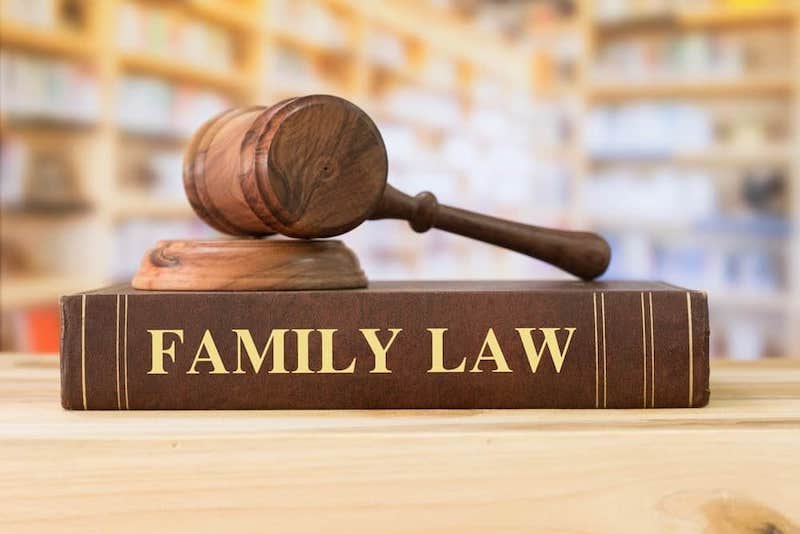A marriage isn’t legally over until a Judge signs the Judgment of Divorce. In New York State, the Supreme Court is the only court that handles divorce cases. While Family Court can help with custody, visitation, and child support issues, divorce cannot be obtained through Family Court.
If you’re considering divorce, it’s important to understand the basics. Here’s what you need to know:
Types of Divorce
Divorces can be categorized as either uncontested or contested. In an uncontested divorce, both spouses agree to all the terms of the divorce. They may even have a settlement agreement that outlines their agreements. On the other hand, when one spouse disagrees with the divorce or certain aspects of it, such as property division, responsibility for debts, child custody, or even the divorce itself, it becomes a contested divorce. Contested divorces can be complex and require multiple appearances in court.
Resolving Money and Parenting Issues
Before a Judge signs the Judgment of Divorce, all financial and parenting matters must be resolved. If you and your spouse have outstanding issues in these areas, Alternative Dispute Resolution (ADR) may be helpful. ADR involves working together with a professional outside of court to find a solution. It can save you time, money, and can even be less stressful compared to traditional court proceedings. Some common ADR processes include divorce mediation and collaborative family law. However, if there is a history or fear of domestic violence or abuse, ADR may not be an option.
Residency and Grounds Requirements
To obtain a divorce in New York State, you must meet residency and grounds requirements. Firstly, either you or your spouse must have lived in New York State for a certain period of time. Secondly, you must prove that there are legally acceptable reasons, known as grounds, for the divorce.
Starting a Divorce Case
Divorce cases can be complex, which is why it’s advisable to consult with an attorney who specializes in family law before taking any legal action. For an uncontested divorce with no children under 21, you can consider using the DIY Uncontested Divorce Program to prepare your papers. However, if you have children under 21 or are pursuing a contested divorce, it’s highly recommended to seek legal assistance. In contested divorces, it’s common for both spouses to appear in Supreme Court multiple times before the Judge can make the final decisions on the disputed issues.
And there you have it—the basic information you need to know before filing for divorce. Remember, divorce is a significant life decision, so it’s crucial to approach it with proper understanding and support.
FAQs
Q: Can I get a divorce in Family Court?
A: No, divorce cases can only be handled by the Supreme Court in New York State.
Q: What should I do if I don’t know the whereabouts of my spouse?
A: In such cases, you can reach out to the Supreme Court Clerk’s Office for more information about alternative service options.
Q: Is Alternative Dispute Resolution suitable for everyone?
A: While Alternative Dispute Resolution can be a helpful approach in many situations, it may not be appropriate in cases involving a history or fear of domestic violence or abuse.
Q: Do I need an attorney for a divorce?
A: It’s always recommended to consult with an attorney, particularly for contested divorces or situations involving complex issues like child custody and financial matters.
Conclusion
Navigating the process of divorce can be overwhelming, but with the right knowledge and support, you can make informed decisions. Remember that seeking legal advice is crucial to ensure your rights and interests are protected throughout the process.


